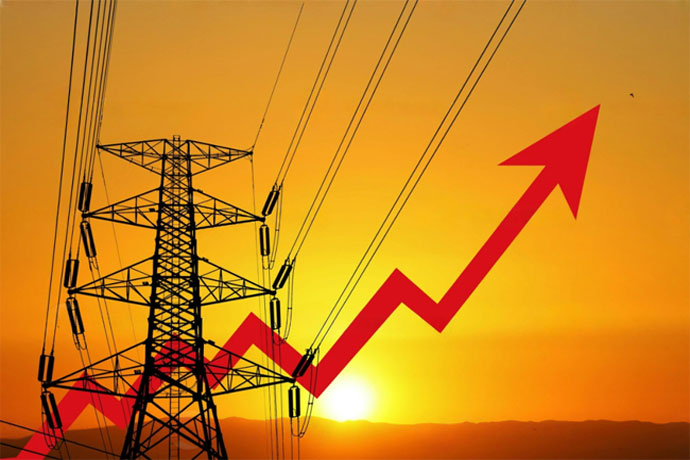A Way to Help and Solve the Imbalance Problem



A Way to Help and Solve the Imbalance Problem
Given the existing imbalance in the country's electricity production capacity and the subsequent regular power outages imposed by electricity distribution companies nationwide, there are two solutions available to the Ministry of Energy:
-
Increasing production capacity
- Smart consumption control
In fact, the first method is logical and correct, but considering the high costs of establishing new power plants and, more importantly, the long time required to achieve efficiency, this method is not suitable for the short term. However, the second method, which can be used in the future to optimize the first method, allows a quick and timely solution to compensate for part of the imbalance. In this method, by using smart meters, real-time consumption data can be collected, monitored, and analyzed. Based on this data, commands for switching on and off the meters can control load and consumption, thus compensating for part of the imbalance.
If the current conditions persists, the imbalance in electricity energy will increase each year, causing significant damage to industries, producers, and more. All industries in the country rely on electricity, and any deficiency in this area will put all industries at risk. Most importantly, it will cause hardship for people in their daily lives. For example, many patients use electric medical devices at home, and every time the power goes out, their lives are at risk.
By removing production barriers and addressing the issues in the production of smart meters, smart consumption control can compensate for part of the electricity energy imbalance across the country, which can positively contribute to the economic growth of the country at minimal cost and in the shortest time.


